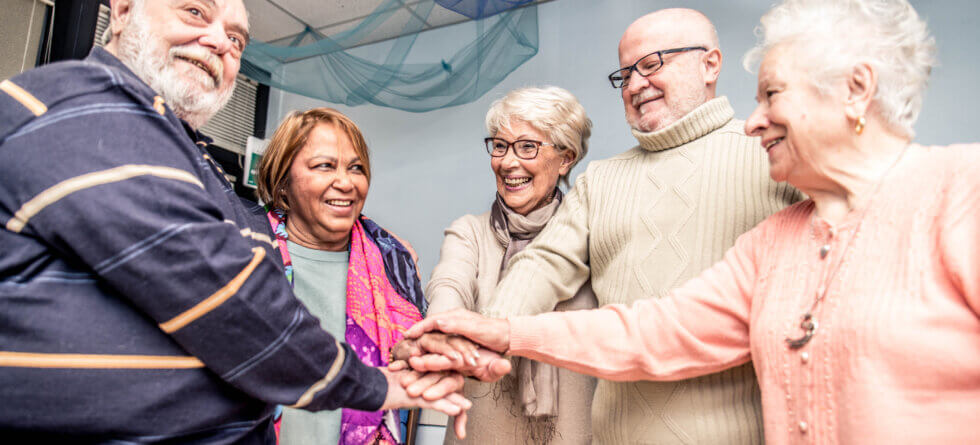In the journey of life, reaching elderhood is a significant milestone that comes with its unique challenges, experiences, and insights. This stage, characterized by retirement, the culmination of decades-long careers, and sometimes, the onset of health-related issues, also brings with it an opportunity to reflect, share wisdom, and contribute to the moral fabric of communities. This article delves into the essence of elder ethics, emphasizing the importance of morality and wisdom that seniors can offer, and the respect and care they deserve in return.
The Value of Elder Wisdom
Wisdom, often associated with age, is not merely the accumulation of knowledge but the ability to apply that knowledge in making sound judgments. It involves understanding life’s complexities and nuances, empathizing with others, and having a clear sense of what is right and wrong. Elders, having lived through numerous societal changes, personal triumphs, and tragedies, bring a depth of understanding and perspective that is invaluable.
Their experiences, tested through the vicissitudes of time, offer a unique insight into handling life’s challenges. The moral and ethical guidance that can emanate from such a wealth of experience is a treasure trove for younger generations seeking direction in an ever-complex world. Thus, honoring and seeking the wisdom of our elders is not just a matter of respect but of practical and ethical importance.
Challenges Elders Face
Despite the wealth of knowledge and moral guidance that elder individuals can offer, they often face societal challenges that undermine their dignity and contributions. Ageism, the stereotyping, prejudice, and discrimination against people because of their age, is a rampant issue that affects many seniors. This can manifest in the workplace, in healthcare, and even within families, leading to a reduction in the opportunities for elders to share their insights and be actively involved in community life.
Moreover, with the advent of technology and fast-paced changes in society, there is a silent assumption that elders are out of touch with the current realities. This assumption not only sidelines them but also deprives society of the ethical grounding and wisdom elders can provide, especially in times of moral and social dilemmas.
The Ethical Imperative to Care for Our Elders
Caring for the elderly is not just a familial or societal duty but an ethical imperative rooted in the principles of respect, dignity, and reciprocity. Recognizing the contributions that elders have made – and continue to make – necessitates a supportive approach to ensuring their well-being.
This involves creating inclusive communities that value and engage elders, providing them with opportunities to share their knowledge and wisdom. It also means ensuring that seniors have access to quality healthcare, social support, and protection against abuse and neglect. By fostering an environment of respect and care, we not only uphold the dignity of our elders but also enrich our communities with their invaluable contributions.
The Role of Intergenerational Dialogue
One of the most effective ways to bridge the gap between generations and to integrate the ethics and wisdom of elders into the fabric of society is through intergenerational dialogue. These conversations allow for the exchange of ideas, experiences, and values, fostering understanding and respect across age groups.
Intergenerational programs and initiatives can facilitate these dialogues, providing platforms for elders to share their life lessons, the ethical dilemmas they have navigated, and the wisdom they have garnered. For younger generations, these interactions are an opportunity to gain insight into the historical and moral context of current issues, developing a grounded sense of ethics and responsibility.
Ethical Considerations in Elder Care
As individuals age, they may require more support and care, often becoming dependent on family members or professional caregivers. This dependency relationship introduces several ethical considerations, including autonomy, privacy, and respect.
Ensuring that the rights and preferences of elder individuals are respected is crucial. This involves involving them in decisions about their care, respecting their privacy, and fully recognizing their autonomy. Additionally, it’s important to consider the quality of life and not just the prolongation of it, focusing on what makes life worth living for the individual.
Conclusion
The intersection of ethics and elder wisdom is a vital area that deserves more attention and respect. Elders, with their lived experiences and moral insights, are invaluable resources for ethical guidance and societal continuity. By facing and tackling the challenges elders encounter, ensuring their care, and fostering intergenerational dialogues, we can cultivate a society that not only benefits from but also honors and uplifts the wisdom and dignity of its seniors. In doing so, we uphold a vital ethical principle: to respect and care for those who have contributed so much to our world, ensuring they remain integral and valued members of society throughout their later life.





